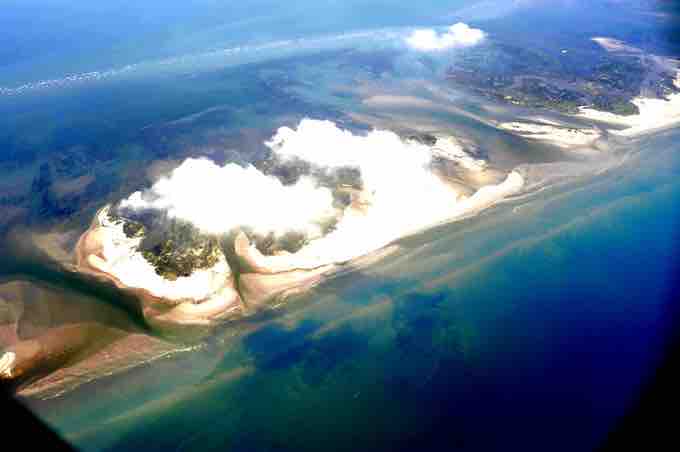Many problems exist within the United States but few make it onto the public policy agenda. Those problems that do move onto the policy agenda must first be identified as salient issues. An issue can be broadly defined as a circumstance of reality not meeting a constituency's expectations. The power of the group in question can affect whether an issue moves onto the policy agenda. For example, a problem encountered by a major political campaign donor can move a given issue more quickly onto the agenda than a problem encountered by a small interest group without great political clout.
In other instances, issues can move into the public spotlight and be forced onto the policy agenda by the amount of attention and public outcry they receive. The media can be particularly effective in accomplishing this task. For example, widespread reporting on the number of Americans affected by tainted eggs and spinach moved the food safety system onto the policy agenda and resulted in a law that allocated greater authority to the Food and Drug Administration. The media can also keep issues off of the policy agenda by giving the impression that an issue does not require resolution through the policy process.
In addition to the power of certain groups and the media, significant events can act as policy triggers that immediately move issues onto the policy agenda. The terrorist attack in New York City on 9/11/2001 is an example of an event that brought terrorism, national security, weapons of mass destruction, and relations toward Iraq to the forefront of the national and international policy agendas.
In all of the aforementioned examples, issues have a high likelihood of becoming agenda items. Issues must become agenda items for some policymaking body in order to enter the policy cycle. These policymaking bodies may be a legislature, (e.g., a city council) or an administrative agency, (e.g., a health department).
It is important to note, however, that not all issues that move onto policy agendas complete the policy process to become laws. Indeed, agendas are subject to timing and can easily be displaced by other issues when crises occur. For example, Obama's planned policy to loosen restrictions on coastal drilling was dropped after the BP oil spill occurred in the Gulf of Mexico . Those issues that withstand any significant crisis, though, will move onto the next stage of the policy process, formulation.

BP Oil Spill
The BP oil spill is an example of a crisis that changed the national policy agenda by reversing Obama's planned policy to loosen restrictions on coastal drilling.